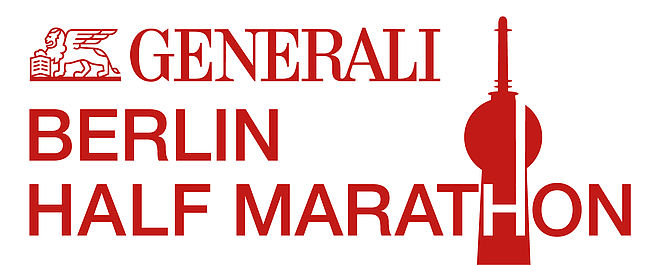Since his debut seven years ago, Wilson Kipsang has been an integral part of the marathon establishment. Of seventeen races, he has won nine, including New York, London, Tokyo, Berlin and Frankfurt. He ended the marathon majors series in 2013-14 at the top, and for a year he held the marathon world record, before Dennis Kimetto took it from him in Berlin in 2014 with the current world record time of 2:02:57. Wilson Kipsang is the only runner to have finished under 2:04 four times—between 2013 and 2017 over a period of three and a half years.
His results, however, are not perfect: He has only won one bronze medal at a major international event (2012 Olympic Games in London), which is a bit meagre for a man of his calibre; and at the World Championships in Beijing two years ago, he dropped out for the first and only time. That may likely remain his only medal, as the 35-year-old has other goals for the final years of his career. “Of the six marathon majors, I am only missing Boston and Chicago; I still want to win them”, the loquacious Kenyan says, before he addresses his main goal: “I want to go down in history as one of the runners to break the marathon world record twice. The last time that happened was nine years ago by Haile Gebrselassie.”
Kipsang is very clear about the fact that if he wants to achieve this great goal, he will not only have to defeat Kenenisa Bekele, but will have to leave behind the Olympic Champion and the best marathon runner of all times as well. No fear of Eliud Kipchoge? “Respect, yes; fear, no. What Eliud has achieved over the past years is phenomenal. I am talking mostly about all his victories and less about this Breaking2 project in Monza. 2:00:25 is impressive, but I believe that the entire setting from the flat loop course to the alternating pacemakers to the refreshments probably made a difference of about two minutes. Alone when you have to pick up your own drinks, you lose half a minute. If I had the same assistance, I believe I could achieve a time like that as well.”
Wilson Kipsang’s career began very late. After high school, he worked for three years as an agricultural product rep, with no interest in running at all. That only changed when he watched Paul Tergat on TV as he broke the world record in Berlin in 2003. “That fascinated and inspired me so much, that I decided to try it,” he states. Soon he began winning local races. The police took notice of him, which, next to the army, is one of the most important 21st century employers for runners, as they have the most flexible schedules and good coaches to train them. His first international starts in the year 2007 were impressive: 46:27 for the 10 mile and 27:51 for the 10 K. Two years later, he ran the half marathon as the fifth person to finish under 59 minutes. He was ready for the marathon—and how! His second attempt was under 2:05, and his fourth was under 2:04, and the ninth a world record.
Kipsang thinks that if he can hit the halfway mark in 61 minutes on Sunday, he can finish in a time between 2:02:20 and 2:02:10—if the weather plays along and the pacemakers are better than last year. “The last one was out after 27 km, so from then on it was almost completely up to me to do the work at the front. Had Bekele helped out, we would have had a world record, but he preferred to run behind me most of the time to save energy for the final sprint. When he picked up the pace a kilometre before the finish, I couldn’t react any more. I will be able to work together better with Eliud.”
And what makes him think he can expect to beat the best time Berlin again? Since Carlos Lopes in 1984, who was already 38, there has only been one runner who has beaten the world record when he was over 35: the great Gebrselassie. Wilson Kipsang did not have to think long to answer: “For one, I only began running at age 22, and secondly, I have made a few adjustments to my training that should affect my performance in Berlin.” He dropped his weekly training from 180 to 160 kilometres, and invested more in speed, in tempo runs, fartlek and workouts on the track. And with a wink of the eye he adds: “In addition, the Adidas shoe adizero sub2 has improved since my victory in Tokyo.”
The father of four prepared for Berlin as usual in Iten, which is located 2400m above sea level in a town that unashamedly but appropriately calls itself “The Home of the Champions”. There he is his own trainer and coach to about twenty other runners who trust the “master” and hope to someday follow in his great footsteps. Italian trainer Renato Canova gives him a few tips now and again, but not more. His colleagues from Volare Sports live and train during the week in a little town called Kapngetuny, but Kipsang says: “That is not for me. In Iten I have my family and my hotel, the Keelu Resort. From there I can coordinate my business better. I am disciplined enough that my training does not suffer from that. My motivation continues to be great. I have not yet had enough.”
Jürg Wirz, Eldoret/Kenya


